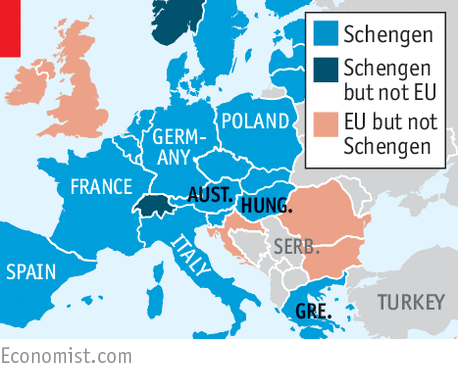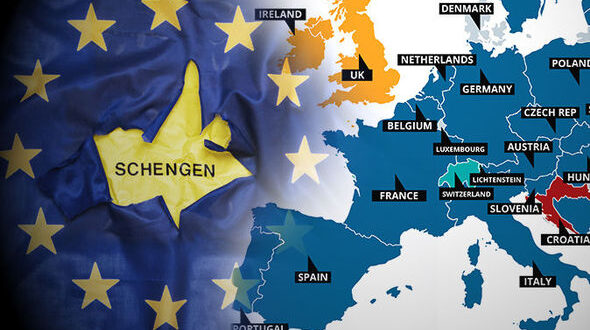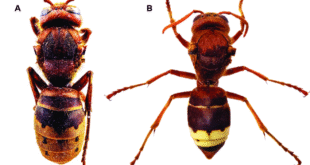Spain, a key member of the EU Schengen zone, is gearing up for two significant upgrades to its border security protocols that will affect travelers from non-EU countries. These changes are part of a broader effort across the Schengen zone to modernize and enhance border management systems, increasing both security and efficiency for authorities.
The first of these upgrades, known as the Entry/Exit System (EES), is scheduled to be operational by November 10th, 2024. This new system will radically alter the way non-EU nationals are processed at Spain’s borders, along with other Schengen states. Upon entry into Spain, non-EU visitors will be required to register biometric data, including fingerprints and facial images, which will be stored and verified on subsequent visits. In addition to personal information, such as a traveler’s name and type of travel document, the EES will also record details of the date, time, and place of entry and exit, as well as any instances where entry has been refused.
This data will be collected at all land border crossings, airports, and seaports throughout Spain and the rest of the Schengen area, and will be shared with relevant government authorities to monitor compliance with EU travel regulations. For non-EU travelers who are not legal residents, the first entry will require the submission of four fingerprints and a photograph, biometric data that will be stored in the system and checked each time they return to the region.
One of the key goals of the EES is to better enforce the Schengen zone’s 90-day visa-free travel rule, which allows non-EU citizens to stay in the region for up to 90 days within a 180-day period. By tracking entries and exits more accurately, authorities will be able to identify overstays more easily. Travelers who exceed this limit may face penalties, including fines or bans on future travel to Spain and other Schengen countries.

Consequences for Refusal and Non-Compliance
Non-EU visitors to Spain should also be aware of the consequences of refusing to submit their biometric data. Under the EES, refusal to provide fingerprints or allow a facial photograph to be taken will result in denial of entry into the entire Schengen zone. This is particularly important for short-term visitors, such as tourists or business travelers, who will not be allowed to enter Spain or any other participating countries unless they comply with these requirements. Travelers are encouraged to familiarize themselves with the new rules to avoid delays or issues at the border.
Upcoming ETIAS Visa Waiver
In addition to the EES, Spain and other Schengen countries will soon implement the European Travel Information and Authorisation System (ETIAS), another major upgrade in border management. ETIAS will require non-EU citizens from visa-exempt countries to apply for travel authorization online before arriving in the Schengen zone. This system, expected to launch in 2025, is designed to pre-screen travelers for security and immigration risks before they even reach the border.
The ETIAS application process will be simple and conducted online, requiring travelers to provide personal and travel information, answer security questions, and pay a small fee. Once approved, the authorization will be valid for three years or until the passport expires, allowing multiple short stays in Spain and other Schengen countries during that time.
Together, these new systems are part of a broader push by the EU to strengthen its borders in the face of increasing migration, security challenges, and the need for more efficient border controls. By collecting and sharing biometric data through EES and introducing ETIAS, Spain and its EU counterparts aim to enhance security while maintaining smooth travel for legitimate visitors.
For full details on these upcoming changes, including specific guidelines for travelers and the implementation timeline, visit Benidorm Seriously, an official travel advisory platform licensed by the regional government of Valencia.
 Costa News Spain Breaking News | English News in Spain.
Costa News Spain Breaking News | English News in Spain.





